How Siblings Can Affect Your Mental Health
No two sibling relationships are the same. Some may not see theirs very often, while others see them all the time and share the same room. Some only have one, while others have enough to count on both hands. There are some who may hate a sibling, while others see a sibling as their best friend (and honestly, a lot of us feel both of these feelings towards one at the same time!).
There are already so many people who play a huge role in our lives as we enter adolescence, whether we want them to be or not. Adolescents start becoming more conscious of how others their age see them – especially their friends – and may start conflicting with their parents as they start to establish their independence and want to distance themselves from them. The amount of research about peer relationships and parent relationships affecting teenagers and young adults continue to pour in, but siblings are usually just as present, and can therefore also play a significant role. Most kids have a sibling too – 82% live with one, in fact.
This is especially true when it comes to mental health and when adolescence begins, and the quality of sibling relationships is one of the most significant long-term predictors of mental health quality as people enter adulthood and old age. For example, those who have a poor relationship with their sibling as a child are more likely to be depressed, anxious, and engage in self-harm in adolescence. Those who have positive relationships with their siblings during their adolescence can make them more empathetic and motivate them to do better in school, however.
Generally, siblings are a child’s first time developing a relationship with a peer and someone close to their age. Siblings almost use each other as a “training dummy” in a way – for example, they can use each other as a way to figure out how to handle their aggression, changing it depending on the reaction of their siblings. This has long-term effects on both the one acting on the aggression and the one receiving the aggression. On the other hand, establishing that warm, reliable connection with someone their age can serve as a buffer and protective factor for a child, and help protect them from the impact of potential stressful life events.
These effects can also be the result of how parents treat the siblings too. Kids can see how their parents treat their sibling and can adapt their behavior to either match that if it’s good treatment or avoid it if it’s bad. One example is through academics: if one child sees that their parents punish their sibling for not doing well in school, they may adjust their studying habits and prioritize their studies so that they don’t receive the same punishment. This can make them not only more anxious about their school performance and constantly doing well to meet their parents’ standards, but they can also be more anxious in their fear of how their parents might react to their grades.
There are all different types of siblings and many different types of dynamics that come with them. As children and adolescents, it can be hard to try and figure out what’s working and what’s not in a relationship with someone closer in age to you, especially since those interactions can play a huge impact on how you see others, yourself, and the effects they have on mental health.
Do you have any siblings? Do you talk to them about your mental health? What’s your relationship like with your sibling or siblings? If you’re an only child, how do you think your home life would be different with a sibling?

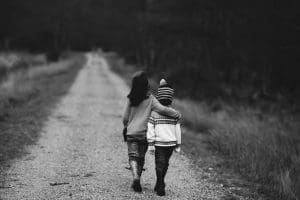
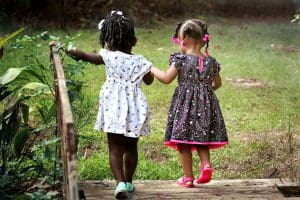
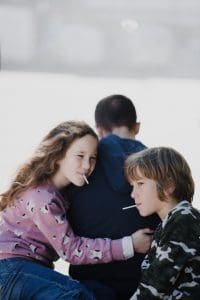

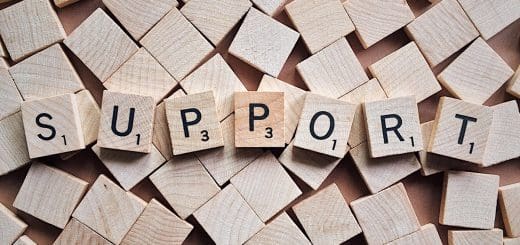
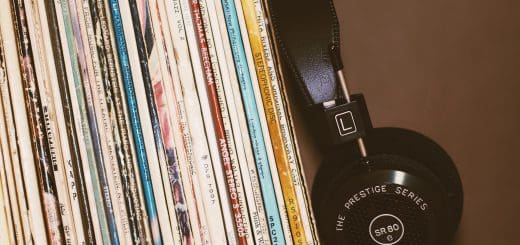
Recent Comments